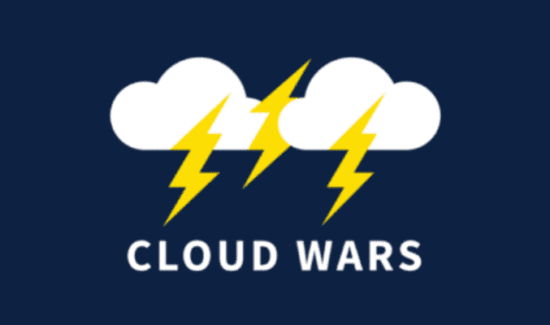Google Targets Top Spot in Enterprise Cloud Market

 It’s no secret that Amazon Web Services leads the pack when it comes to the public cloud market, but the last year has brought more competition to the table, including tech giant Google.
It’s no secret that Amazon Web Services leads the pack when it comes to the public cloud market, but the last year has brought more competition to the table, including tech giant Google.
Although Google has been offering various cloud services for quite a while, they’ve recently decided to take a leap into the enterprise market and target large businesses, according to CIO.com.
They’ve primarily gone after startups and tech-centric companies in the past, but Google has now set their eyes on larger enterprises. They plan to focus on their updated and new features, such as manageability to attract clients. Plus, they have a global data center expansion in the works. A new center is set to be erected in the UK this year.
One of the actions taken to support the move was the hiring of former-VMware CEO Diane Greene, who will now lead Google’s enterprise cloud division. They also secured several high profile business customers, who previously used AWS’s cloud, including Coca-Cola, Disney and Spotify.
However, the tech giant may still have a way to go before rising above AWS especially given sales’ totals from 2015. Google’s cloud raked in about $500 million, while AWS recorded a whopping $8 billion. Plus, Computerworlduk.com reported that a survey of 112 CIOs by Piper Jaffray completed in 2016 showed that the number planning to use Google’s Cloud Platform fell from 14 to 7 percent, while AWS’ number saw a small uptick from 33 to 35 percent.
Not to mention that some IT leaders are hesitant to jump on board, despite Google’s effort to become more attractive to them along with CIOs instead of just developers.
And Google isn’t the only firm vying for the top spot. While HPE and Dell may have given up, Oracle appears to be putting more into its IaaS business. The company recorded $175 million in revenue during Q2 alone. And Alibaba set the stage for a global expansion after their data centers in Europe were opened.
We’ll be watching to see what Google can do to lift those numbers in 2017.





















